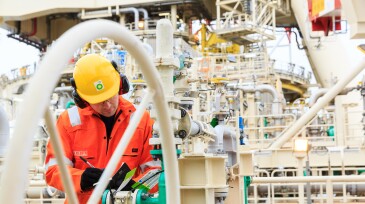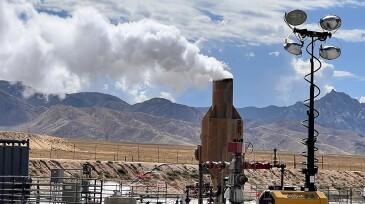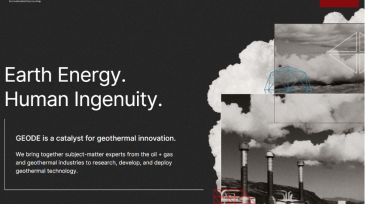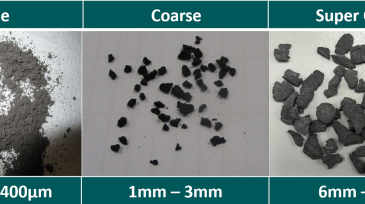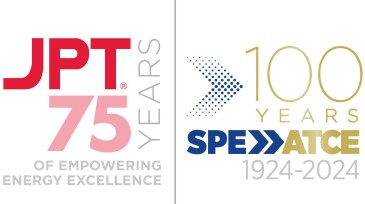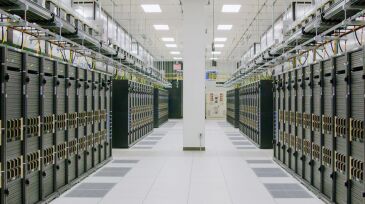R&D/innovation
The Spotlight on New Technology Awards recognize breakthrough innovations that demonstrate significant technical advancement and potential impact across the offshore energy value chain. The awards will be presented during OTC Asia, 31 March–2 April, in Kuala Lumpur, Malaysia.
Oman is embarking on a renewed effort to deploy the latest hydraulic fracturing technologies and techniques, tailored to its unique reservoirs and challenges.
Changgui Xu will receive the 2026 Individual Distinguished Award, and CNOOC will receive the 2026 Institutional Distinguished Award.
-
In this exclusive Q&A, Giovanni Cristofoli, senior vice president of bp Solutions, shares insights into how his team is redefining operational strategies and fostering agility to bridge competitive gaps and enhance efficiency. Highlights include the integration of digital tools, data science, and a unified approach to tackling complex problems.
-
Recent geothermal tests in Utah show major advancements in flow rates and efficiency, bringing enhanced geothermal systems closer to commercial viability.
-
The DOE-sponsored program brings together more than 100 entities from the geothermal and oil and gas sectors to build the future of cross-industry collaboration.
-
SPE is excited to livestream these thought-provoking and informative Tech Talks from the SPE Energy Stream studio at the SPE Annual Technology Conference and Exhibition, 23–25 September, in New Orleans.
-
SponsoredDiscover how TAQA’s sustainable products are transforming cementing operations, reducing environmental impact, and enhancing performance.
-
As SPE celebrates a century of innovation at the 2024 ATCE, we also mark the 75th anniversary of the Journal of Petroleum Technology. These twin milestones stand as a testament to the achievements that have driven our industry forward—innovation, pushing boundaries, setting new standards, and fueling the energy that powers the world.
-
Since the late 1930s, the offshore industry has advanced from the first platform in 14 ft of water to the ultradeepwater 20K era. Driven by seismic, drilling, and development breakthroughs, the industry has pushed into deeper waters, high-pressure reservoirs, and new frontiers like Guyana, continually expanding the limits of offshore exploration.
-
Collaboration agreement lays foundation for advancing tech and know-how for harsh environment operations.
-
Industry experts advocate for collaboration to develop and test technology that can reduce emissions without breaking the bank.
-
A Houston-based geothermal startup just got "liked" by the parent company of Facebook.




